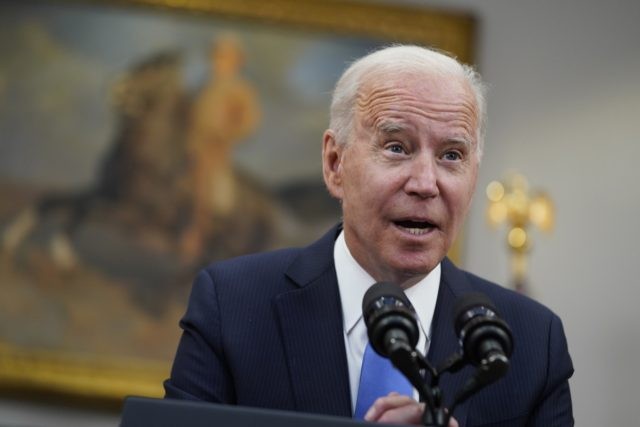Business investment jumped higher in April, data from the Department of Commerce showed Thursday.
Orders for core capital goods excluding aircraft, which economists consider a proxy for business investment, rose 2.3 percent compared with the month earlier. That was more than two and a half times what economists had forecast.
Orders for March were revised up from a 0.9 percent gain to a 1.6 percent gain.
This suggests that the economic rebound spurred by the reopening and March’s stimulus payments is much stronger than anticipated. Other data, including price signals from regional Fed banks, suggest the surge of demand is fueling inflation far higher than what Fed officials expected.
Businesses may be engaged in an inflationary behavior known as “buy in advance,” in which they rush to spend on raw materials, capital goods, and inventories in an effort to stay ahead of future price hikes. That front-loads demands and pushes inflation up further.
Despite the strength in core capital goods orders for durable goods overall fell in April, the first decline in a year.
The decline can be almost entirely traced to a 6.2 percent plunge in orders for new cars and trucks. Shipments of new cars and trucks dropped by 6.5 percent. These declines stem from a chip shortage that has slowed production and left many dealers short of products to show and sell.
Comparisons from a year ago now reflect last April’s near shutdown of the economy and aren’t useful guides to the economic situation. Compared with a year ago, for example, core capital orders are up moree than 25 percent.

COMMENTS
Please let us know if you're having issues with commenting.